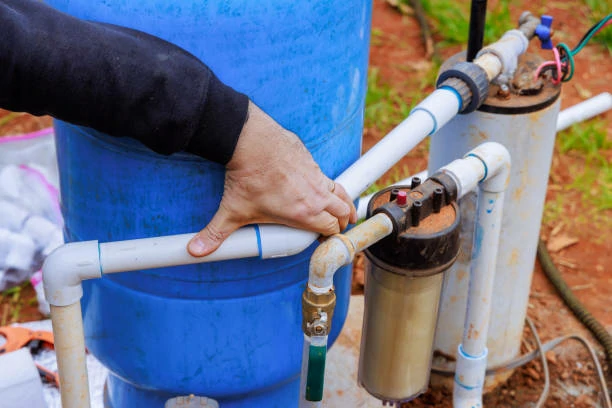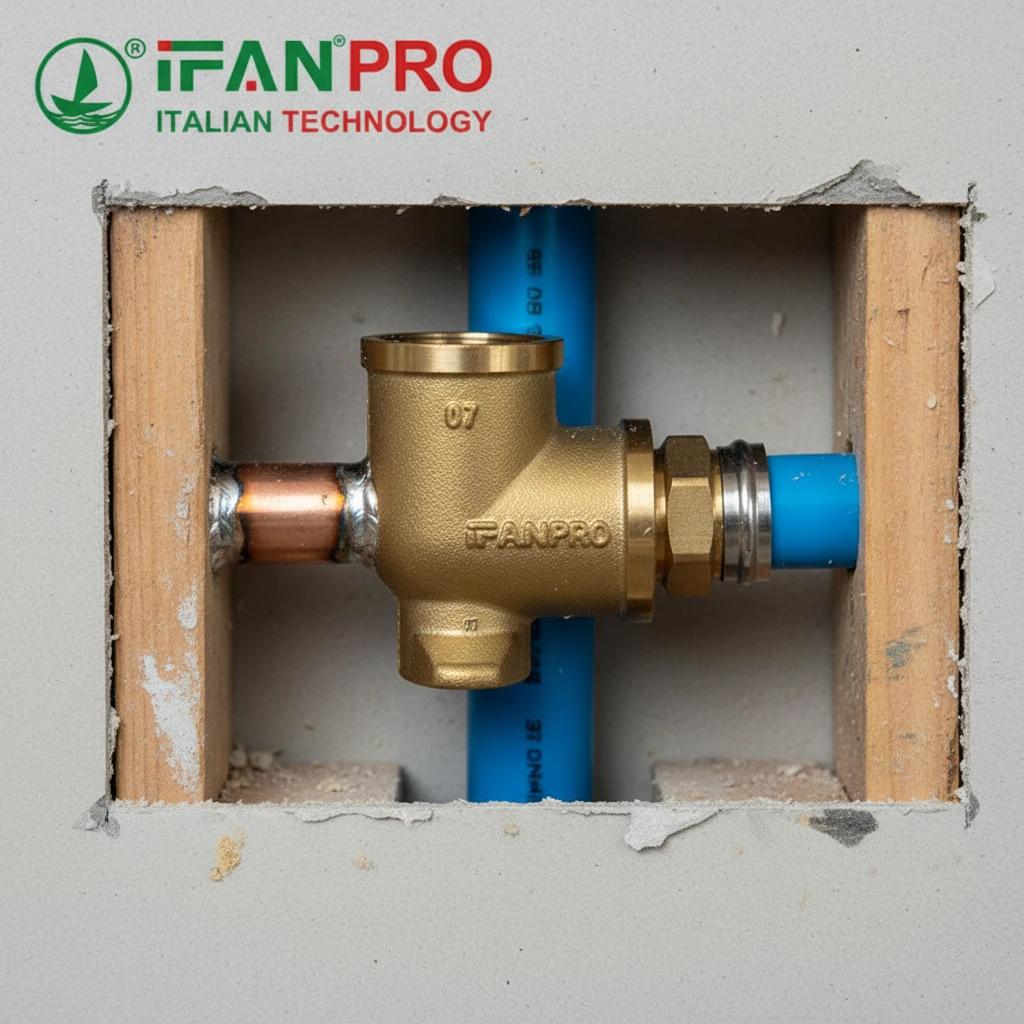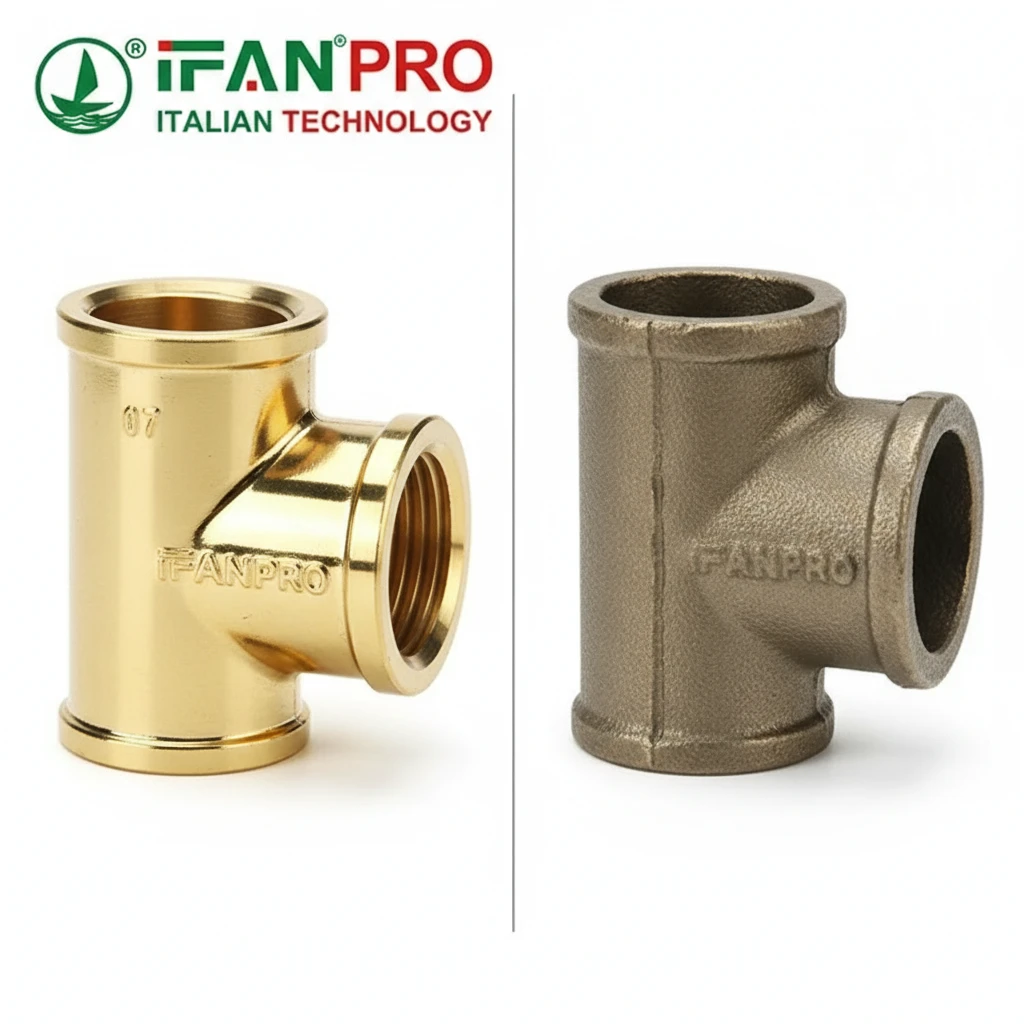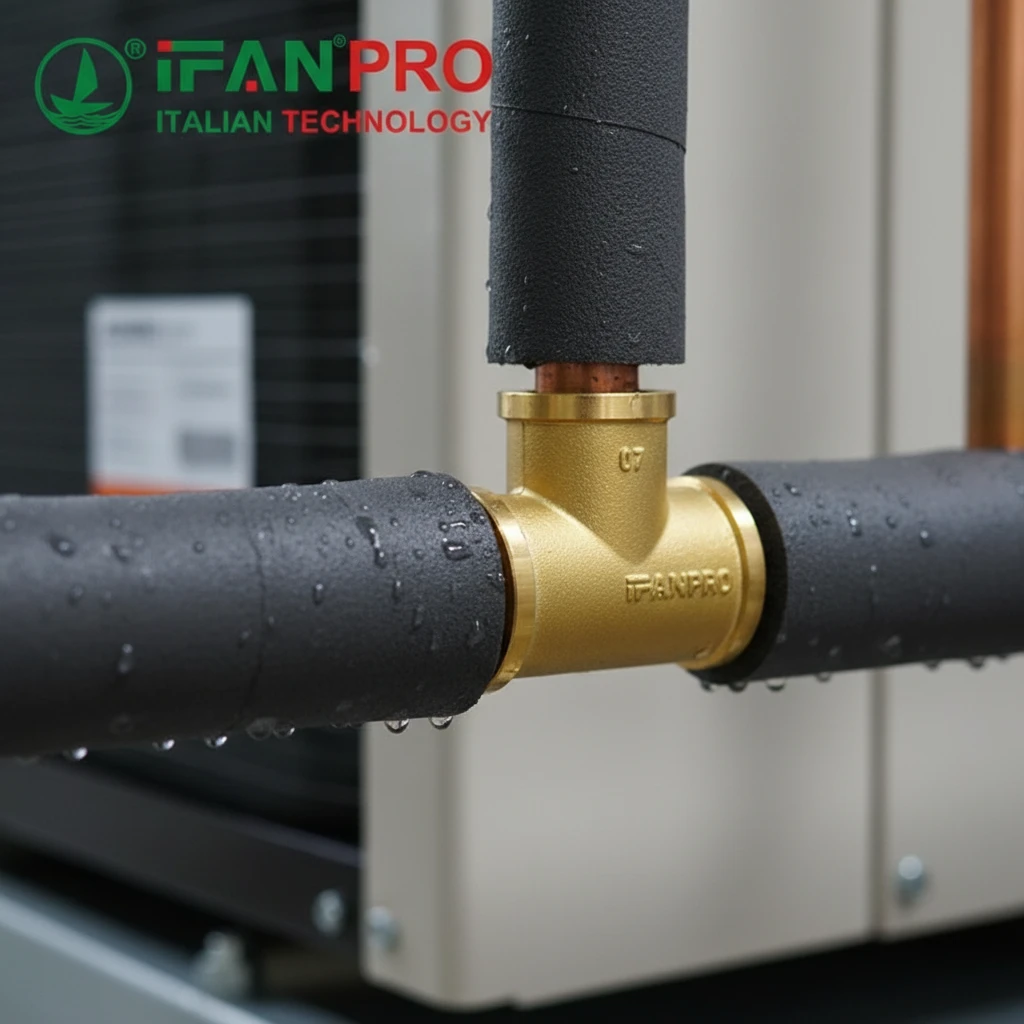PVC plumbing has undergone significant technological advancements over the years, improving its performance, efficiency, and sustainability. As one of the most widely used materials in the plumbing industry, PVC (polyvinyl chloride) offers a range of benefits, including affordability, durability, and ease of installation. New innovations have pushed the boundaries of what PVC plumbing can achieve, creating smarter, more sustainable, and resilient systems that meet the demands of modern construction.
Advances in Manufacturing Processes
One of the most impactful innovations in PVC plumbing stems from advancements in the manufacturing process. Extrusion technology, which produces PVC pipes by forcing molten material through a die, has become more precise and efficient. Improved controls over temperature, pressure, and speed ensure that manufacturers produce pipes with greater consistency and fewer defects. These innovations result in higher-quality pipes that last longer and perform better in various conditions.
The development of multilayer extrusion also represents a significant leap forward in PVC manufacturing. Manufacturers now produce pipes with multiple layers that offer enhanced performance, such as improved impact resistance, better chemical resistance, and greater flexibility. This innovation allows PVC pipes to withstand harsh environments and extreme temperatures, making them suitable for a wider range of applications.
Energy-efficient manufacturing processes have also reduced the environmental footprint of PVC plumbing. By optimizing energy consumption during production, manufacturers have lowered greenhouse gas emissions and resource usage. As a result, PVC plumbing has become a more eco-friendly option for both residential and commercial projects.
Chemical Formulation Improvements
PVC plumbing’s chemical composition has evolved through innovations in the materials used to enhance performance. New additives, such as plasticizers and stabilizers, have improved PVC’s resistance to UV light, chemicals, and temperature fluctuations. These advancements ensure that PVC pipes can handle a broader range of applications without degrading or failing prematurely.
Lead-free stabilizers have replaced harmful additives used in older PVC formulations. This change has significantly improved the safety and environmental impact of PVC plumbing systems. The introduction of more eco-friendly and non-toxic stabilizers has made PVC pipes safer for drinking water systems, aligning with global efforts to reduce lead exposure and promote public health.
In addition, innovations in the development of flexible PVC have led to pipes that combine the rigidity of traditional PVC with the flexibility needed for certain installations. This advancement allows for easier installation in tight spaces and better resistance to ground movements or seismic activity. Flexible PVC pipes reduce the risk of cracks or leaks, ensuring a more reliable plumbing system.
Smart Plumbing Systems Integration
Technological advancements have also introduced smart features into PVC plumbing systems. Smart plumbing integrates sensors and monitoring devices that track water usage, pressure, and flow rates in real time. These systems help detect leaks, blockages, or inefficiencies early, reducing water waste and preventing costly damage.
PVC pipes now incorporate sensors that monitor water quality, pressure, and temperature changes within the system. These sensors provide data that can be accessed remotely, enabling homeowners and facility managers to address issues before they escalate. For instance, smart sensors can detect minor leaks, allowing for immediate repairs and preventing larger issues like pipe bursts or water damage.
The integration of smart water meters with PVC plumbing systems further optimizes water management. These meters provide real-time data on water usage, helping homeowners reduce water waste and lower utility bills. In commercial settings, smart meters help large facilities manage their water consumption more efficiently, reducing costs and improving sustainability.
In addition, automated valve systems connected to PVC plumbing have streamlined operations in industrial and commercial settings. These systems automatically adjust water flow, pressure, and temperature based on demand, ensuring optimal performance while minimizing energy use.
Innovations in Jointing Techniques
Traditional methods of connecting PVC pipes, such as solvent welding, have proven effective for decades, but newer jointing techniques offer enhanced performance and reliability. Push-fit connections, for example, eliminate the need for glue or welding. These fittings allow for quick and easy installation without the need for specialized tools or adhesives.
Push-fit systems speed up the installation process, reduce labor costs, and improve overall efficiency. With these innovations, plumbing professionals can connect pipes quickly, reducing the risk of leaks or joint failures. Additionally, push-fit fittings make it easier to disassemble and reassemble plumbing systems for maintenance or repairs, providing greater flexibility.
Mechanical joints represent another advancement that enhances the durability and strength of PVC plumbing systems. These joints use compression rings or other mechanical components to secure the pipes in place. They provide a stronger seal than traditional solvent-welded joints, reducing the risk of leaks or disconnections under high pressure.
Thermofusion welding also offers a more reliable method of joining PVC pipes. This process uses heat to fuse the ends of two pipes together, creating a permanent bond that eliminates the risk of leaks. Thermofusion welding provides a stronger connection than traditional methods, making it ideal for high-pressure or high-temperature plumbing applications.
Sustainability and Recycling Innovations
PVC plumbing systems have become more sustainable through innovations in recycling and material recovery. Manufacturers have developed processes to recycle PVC pipes at the end of their service life, reducing the environmental impact of waste disposal. Recycled PVC material can be used to create new pipes or other products, closing the loop on material usage.
Advancements in recycling technology allow for the recovery of high-quality PVC resin from old pipes, which manufacturers can then use to produce new plumbing systems. This process reduces the need for virgin materials and lowers the environmental impact of PVC production. As a result, the overall lifecycle of PVC plumbing has become more sustainable, contributing to the circular economy.
In addition, manufacturers have developed eco-friendly PVC formulations that use fewer resources and produce less waste during production. These innovations include bio-based additives and renewable materials that reduce the carbon footprint of PVC pipes. By focusing on sustainability, the plumbing industry continues to develop greener solutions that meet the demands of modern construction while minimizing environmental harm.
Enhanced Durability and Longevity
The development of new materials and manufacturing techniques has significantly enhanced the durability and longevity of PVC plumbing systems. These innovations ensure that PVC pipes withstand harsh conditions, including high water pressure, chemical exposure, and extreme temperatures.
For example, high-impact PVC pipes feature improved resistance to external forces, such as ground movements or accidental impacts. These pipes handle the stresses of underground installations, reducing the risk of damage from shifting soil or heavy equipment. High-impact PVC pipes extend the lifespan of plumbing systems, ensuring they remain reliable for decades.
Chemical-resistant PVC formulations have also advanced, providing better protection against corrosive substances. In industrial settings where plumbing systems face exposure to chemicals or hazardous materials, these pipes offer superior performance and longer service life. Enhanced chemical resistance ensures that PVC pipes maintain their integrity even in challenging environments.
UV-resistant PVC pipes offer additional protection for outdoor installations. These pipes resist degradation from prolonged exposure to sunlight, ensuring they do not become brittle or cracked over time. UV-resistant formulations have extended the lifespan of PVC plumbing systems used in outdoor or above-ground applications.
Noise Reduction Technology
Innovations in noise reduction technology have made PVC plumbing systems quieter and more suitable for residential and commercial applications. Engineers have developed sound-absorbing materials and pipe designs that reduce the noise caused by water flow and pressure changes. These advancements improve the overall comfort of living spaces by minimizing the sound of running water through the pipes.
Noise-dampening PVC pipes feature thicker walls or soundproof coatings that absorb vibrations and reduce the transmission of sound. These pipes work especially well in multi-story buildings or high-rise apartments where water noise can travel through walls and floors. The result is a quieter, more peaceful environment for occupants.
Noise-reducing pipe clamps and brackets also contribute to quieter PVC plumbing systems. These components isolate the pipes from the building’s structure, preventing the transmission of vibrations and sound. The combination of noise-dampening pipes and soundproof brackets creates a quieter plumbing system without sacrificing performance.
Corrosion Resistance and Longevity
PVC’s inherent corrosion resistance remains one of its strongest advantages over traditional metal pipes. However, recent innovations have further enhanced this characteristic, ensuring even greater longevity. New coatings and treatments protect PVC pipes from chemical reactions that could degrade their structure. These enhancements allow PVC plumbing to perform effectively in environments where aggressive substances might otherwise compromise system integrity.
The development of hybrid materials, which blend PVC with other polymers, has improved the overall strength and chemical resistance of the pipes. These hybrid materials ensure that plumbing systems last even longer, offering homeowners and businesses a greater return on their investment. Corrosion-resistant PVC pipes reduce the need for frequent maintenance or replacements, leading to long-term cost savings.
Top PVC Plumbing Manufacturers
| Company Name | Location | Years Of Experience | Certificates |
| IFAN | Zhuji, China | 1993 | ISO certification |
| ASC Engineered Solutions | USA | 2019 | ISO certification |
| Patel Precision Works | India | over 21 years | ISO certification |
| RED-WHITE VALVE CORP | USA | 1971 | ISO certification |
| SVF Flow Controls | USA | 1988 | ISO certification |
IFAN international standard for PVC Plumbing
IFAN adheres to a wide range of international standards for its products, ensuring high quality and performance. These standards include BS 3505 and BS 4346 from the British Standards Institution; ASTM D1785 SCH40 and SCH80, ASTM D2665, ASTM D2241, ASTM D2729, and ASTM F441/F441M from the American Society for Testing and Materials (ASTM); DIN 8061/8062 from Germany; GB and GB/T 10002 series standards from China; ISO 1452 and EN ISO 1452 from the International Organization for Standardization (ISO); AS/NZS 1477 from Australia and New Zealand; JIS K6741 from Japan; CSA B137.3 from Canada; NSF/ANSI 14 from the United States; and TIS 17-2532/1131-2535 from Thailand. These certifications highlight IFAN’s commitment to meeting global safety and quality requirements across various industries.
Conclusion
PVC plumbing keeps maintenance costs low through its durability, ease of repair, resistance to corrosion, and flexibility. Fewer joint failures, reduced risk of clogs, and a lower likelihood of damage in cold climates all contribute to the overall cost-effectiveness of PVC systems. With affordable replacement parts and simple repair methods, PVC proves to be an economical choice for both residential and commercial properties. By adopting preventive maintenance practices, property owners can further reduce long-term expenses while enjoying the benefits of a reliable and durable plumbing system.
Connect
IFAN is a Chinese manufacturer of plastic pipes, fittings and valves with 30 years of experience. If you are interest in IFAN copper fittings, copper valves, plastic pipes and fittings, please contact us. IFAN offers you a variety of standard pipes to meet your specific needs. Click below to learn more about IFAN’s wide range of affordable and cost-effective valve products and piping system related products.
We will reply your email or fax within 24 hours.
You can call us at any time if there is any question on our production.
For more information,pls visit our webside https://ifanpro.com/
Pls Mailto: [email protected]
Whatsapp: + 86 19857948982














Recent Comments